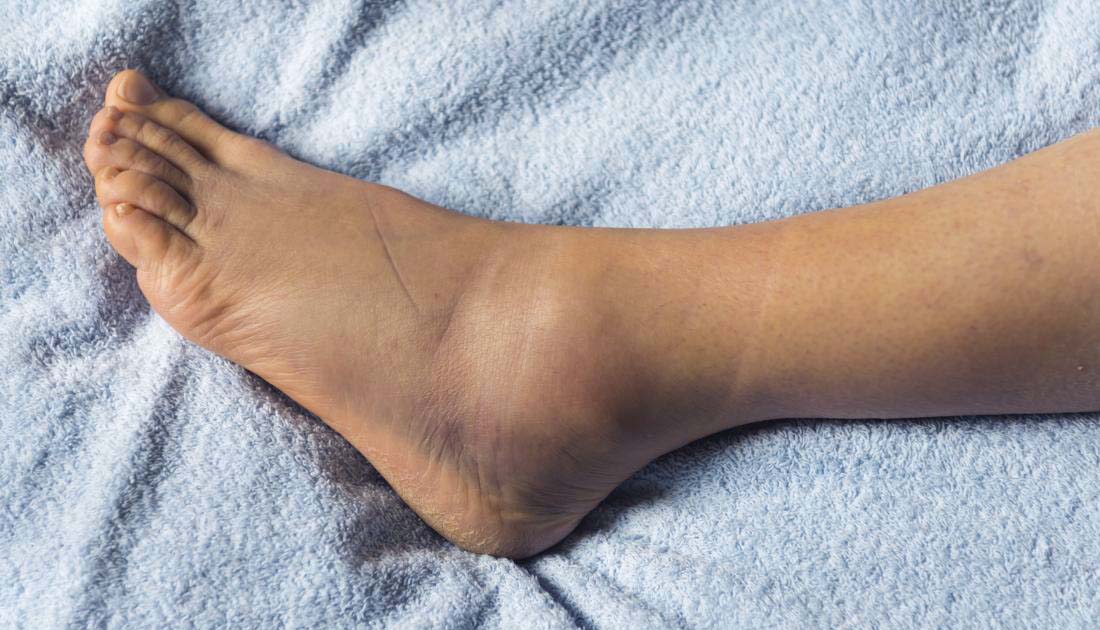I have lipedema : Will I transmit my lipedema on to my children ?
The question that many patients ask themselves.
Lipedema is a disease that affects almost exclusively women and can have a particularly severe physical and mental impact. It is therefore only natural that its diagnosis should raise significant concerns for the patient concerned, particularly about its hereditary nature.
As a reminder before I talk about passing on my lipedema :
Lipedema is a degenerative and chronic affliction. Although there is no established scientific consensus on the percentage of the population affected, it is generally accepted that it affects 10% of the population. It is also under-diagnosed and often confused with obesity.
Is it possible to pass it on to your children ?
The question is more complicated than it first appears. In order to answer it, we must first look at the causes of the disease, which are also still the subject of lively debate within the scientific community. It is generally accepted that the origin is multifactorial, and is the result of a combination of phenomena rather than a single cause. Hormonal factors seem to have an important part to play, as lipedema is most often triggered at puberty, but also sometimes during pregnancy or with the menopause.
Moreover, as we have seen, it only affects women, which tends to reinforce the importance of the hormonal factor. Lymphatic or venous disorders can also favour the development of the disease. In addition to these factors, scientists also agree on the hypothesis of “polygenic susceptibility”: in other words, several genes will come together and form a genetic predisposition to the development of lipedema.
Transmit my lipedema : The genetic predisposition
So if genes are involved, there is a possibility that if you have lipedema, you will pass it on to your daughters and granddaughters. However, studies on this inherited trait vary widely, with orders of family predisposition ranging from 16 to 64%. So don’t panic: transmission is not systematic, and it is entirely possible that your children will never develop the disease. Studies are still in progress on this subject, which should enable us to know more, particularly about the hereditary factor, in the years to come.
The final word on this article “Will I transmit my lipedema on to my children ?”
In any case, don’t forget that lipedema is increasingly diagnosed and that many effective treatments are available. As a reminder, in addition to compression bandages and pressure therapy, surgery is indicated in the vast majority of cases. As we have seen in another article, there is no age limit for surgery, so if your daughters develop lipedema, they can be effectively treated.


